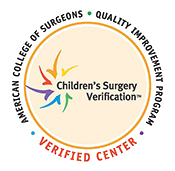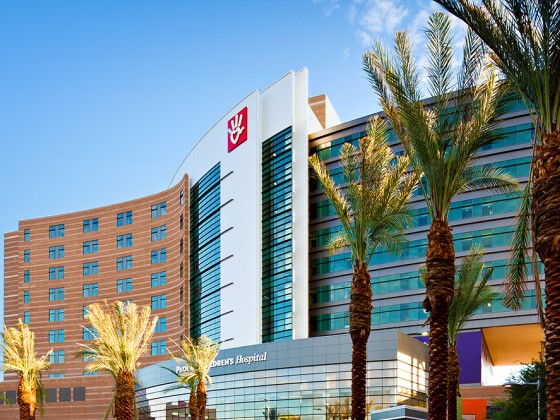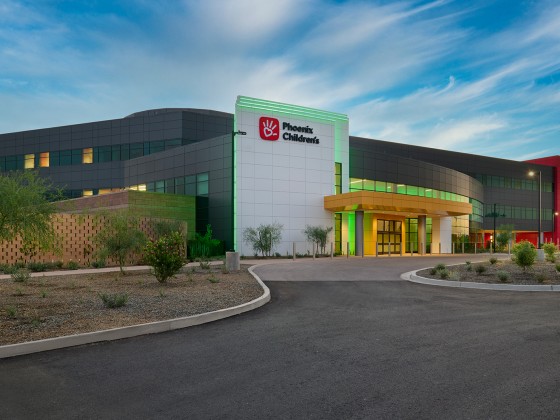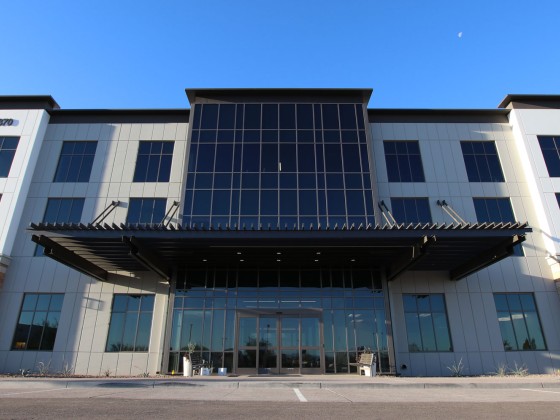
At Phoenix Children’s, we know surgical care for infants, children and adolescents is fundamentally different from surgery for adults. Our multispecialty team has advanced expertise with all aspects of pediatric surgical care from routine outpatient procedures to complex, life-saving surgeries. Our collaborative, family-centered approach allows us to give each patient personalized care, tailored to their age, size and condition.
We are the only hospital in Arizona verified by the American College of Surgeons as a Level I Surgery Center. This rare distinction is achieved by only a select few hospitals nationwide who meet the rigorous requirements for quality and safety. At Phoenix Children’s, you can be confident your child’s care meets or exceeds the highest national standards for safety, quality and successful outcomes.
Our surgical teams perform thousands of procedures each year, giving us advanced expertise that comes only with experience. Innovations such as minimally invasive techniques, image-guided surgery and advanced robotics allow us to operate with greater precision, leading to shorter recovery times, less discomfort and better outcomes.
With every surgery, our goal is the same: to help children heal faster, feel better and return to the things they love most.
Why Choose Us?
- Nationally recognized surgical excellence. We are one of only 35 hospitals in the nation to earn verification from the American College of Surgeons Surgery Verification Quality Program as a Level I Children’s Surgery Center. We also meet the standards set by the American Pediatric Surgical Association, the American Academy of Pediatrics and the Society of Pediatric Anesthesiology.
- Pediatric-focused surgical teams. Every member of our surgical team from the anesthesiologists to the surgeons, nurses and other specialists is specially trained to deliver advanced, innovative care tailored to the unique needs of our pediatric patients.
- Family-centered approach. Our team is with you through every stage of your child’s health journey. From your first consultation through surgery, recovery and follow-up care, we walk you through the process, answer your questions and provide the support and resources your family needs to achieve the best results.
- Results through research. Our surgeons are shaping the future of pediatric surgical care with groundbreaking research that increase care options and improve outcomes. From finding new ways to ease pain after surgery to leading national studies that set safer standards, we are always working to make the care we offer safer and more effective for our pediatric patients.
Locations



